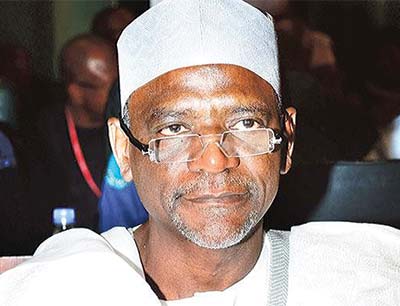The industrial action embarked upon by the Academic Staff Union of Universities (ASUU) may not end anytime soon if the Federal Government’s stance on the demands by the union is anything to go by.
While declaring the commencement of the strike on Sunday, ASUU President, Prof. Biodun Ogunyemi said, “Our members shall withdraw their services until government fully implement all outstanding issues as contained in the MOA of 2017, and concludes the renegotiation of the 2009 agreements.”
Speaking at a Monday night press conference, Minister of Education, Adamu Adamu said that the lecturers’ demands date as far back as the Umaru Musa Yar’Adua’s administration.
He said the Federal Government would have been able to fulfill the agreements with ASUU in 2009 if oil prices had not crashed.
Adamu said, “The issues necessitating this strike date back to 2009 when the then government of the late President Umaru Yar’Adua signed an agreement with ASUU on the funding of federal universities. The agreement provided for funding of universities to the tune of N1.3tn over a period of six years. It is instructive to know that Nigeria was experiencing oil boom at that time. It was therefore expected that government would meet the terms of agreement.
Read Also: What Fayose Told Us About Fayemi – Ekiti PDP Lawmakers
“However, international oil prices crashed in subsequent years, thereby throwing the country into an economic hardship. At the inception of this administration, the country’s economic fortunes worsened, nose-diving into a recession, with dire consequences on all sectors of the economy, including education.
“We exited recession not too long ago, and we are just beginning to recover from the consequences of low oil prices, which are happily beginning to pick up. If this trend continues, definitely, the education sector will also improve.
“Against this background, I want to appeal to all parents, students and in particular ASUU women and men to continue to exercise restraint in terms of their response to the plight of the education sector. We must also be mindful that there are other sectors with similar competing needs.”

